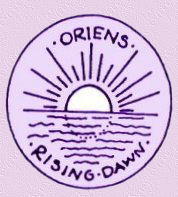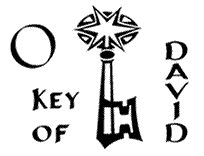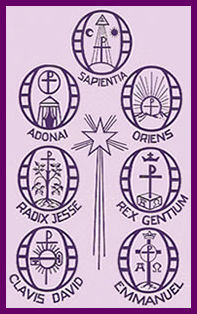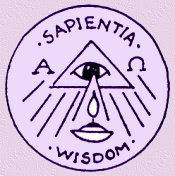O Holy Child, pray for us!
Out
of the Christmas Readings, of the Fathers and Authors, I found the two most challenging
from Fr. E. La Verdiere SSS in the Glenstal
Bible Mass.
After
the very full Christmas Day there will be time to follow Fr. Verdiere.s references.
Christmas Day Dawn Mass
Gospel Luke 2:15-20
SUGGESTIONS FOR PRAYER
Biblical references: Salvation foretold (Is 35; 41:17-20; 43:16-21; 65:17-25); Messianic psalms (Pss 2; 24; 89; 110; 132).
The description of Jesus' actual birth (Luke 2:6-7) must be read in light of 2: 1- 5. Set in the
vastness of imperial Rome and in the biblical context of the royal house of David, Jesus' birth is that of a poor man, a simple
and humble event which contrasts with the political world about him. Consequently, Jesus' messianic royalty has nothing to do with wordly aspirations and ways of ruling (see 22:24-27).
What is true of Jesus is also
true of his disciples and the Church. Clearly affirmed in 22:24-27, this relationship is also inscribed in 2:7, which refers to Mary's 'first-born son' (prototokos). The designation 'first born son', prepares the reader for Jesus' presentation to the Lord as the first-born in 2:22-24. However, unlike the
term 'only
son' (monogenes, 7:12), it also leaves open the possibility and may actually imply that Mary had further children. This possibility may be excluded as a biological
fact, but not as a theological statement. Mary would have further children, namely all who would come to be associated with her son after the passion-resurrection. In Lukan terms this is most clearly stated in the narrative of Paul's conversion: 'Saul, Saul, why do you persecute me?' (Acts 9:4; 22:7; 26:14). In Acts 1:14, Mary herself is expressly
singled out in the community of those who continued to give historical expression to the life of her son. The designation 'first-born son' is thus a statement about Jesus' relationship to his future followers. (E. La Verdiere SSS, Luke, New Testament Message 5, p.31)
Christmas Day Mass During
the Day
Gospel John 1:1-18
SUGGESTIONS FOR PRAYER
Biblical references: Ps 19: 1-6; Ps 72;
John's teaching on love (1 Jn 4:7-5:4); Paul's teaching on salvation and peace (Rom 5:1-11; Phil 4:4-9;
CoI1:13-23).
Jesus had been
announced to the shepherds as a: Saviour, Christ the
Lord (Luke 2: 10-11). They had been given a sign, namely that they would find
the Lord 'wrapped inswaddling clothes and lying in a manger' (2:12; see ,2: 7). This they had
verified (2: 16) and the wonderment
sprang precisely from the contrast between the Saviour's lordship and the
humble circumstances of his birth. For the shepherds, the announcement and the
event were truly good news, and they responded by glorifying and praising God (2:20). Christ the Lord was
part of their world. Humbly born, he was a Saviour for the humble (see 1 :46-55), those with whom
God was pleased (2: 14).
Luke's main point,
which links God's glory in the highest with peace on earth for the humble (2: 14) would have been lost
had the passage merely raised the matter of Jesus' identity. The narrative called for a
manifestation of Jesus' life and mission, a statement which would anticipate the actual unfolding of the
implications of his name.
(E. La Verdiere SSS, Luke,
New Testament Message 5, p.32)


















